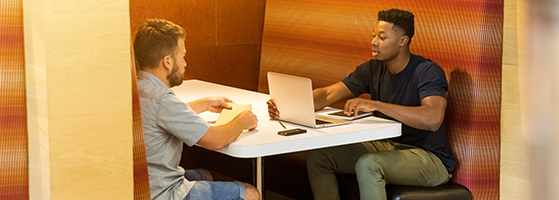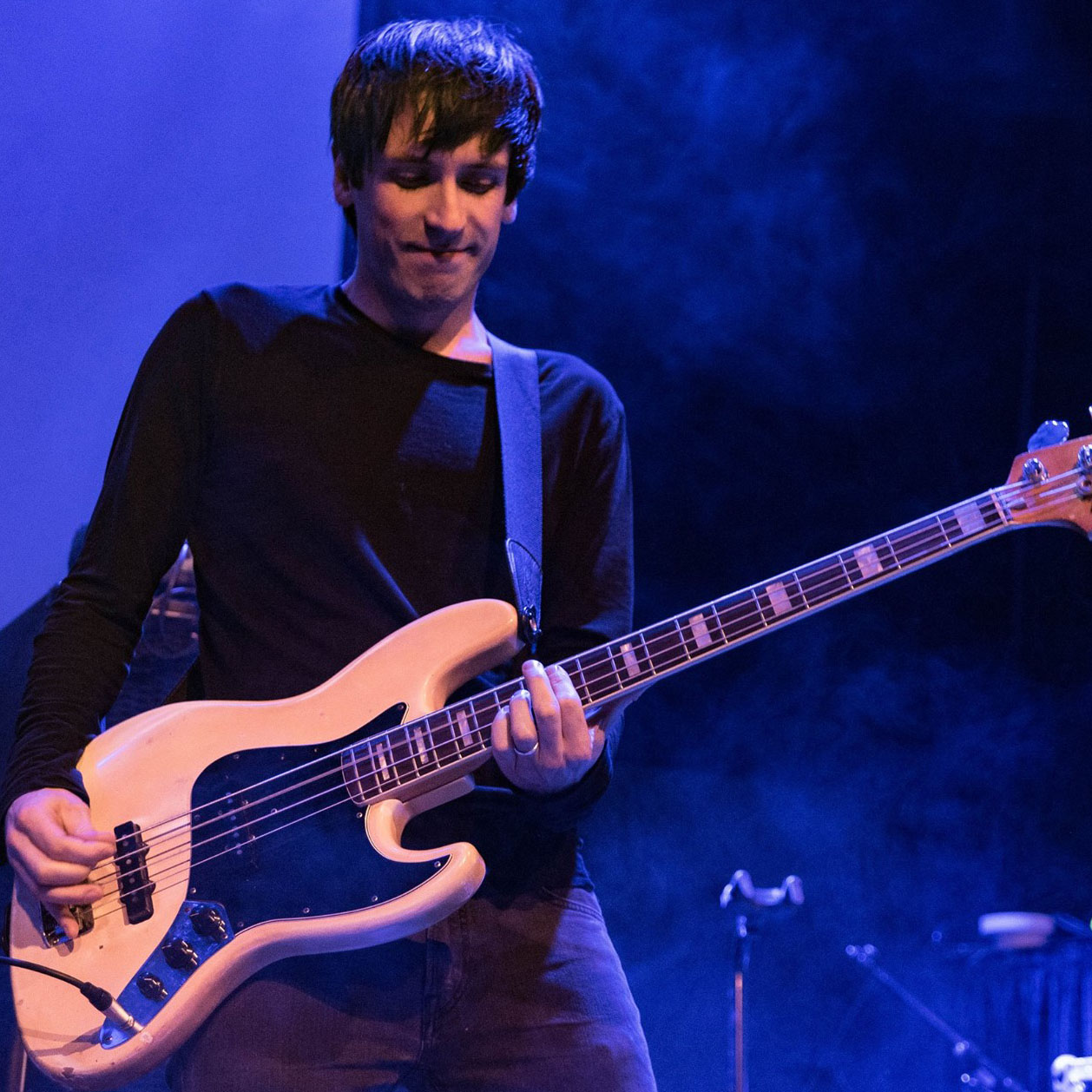20 April 2021
Widening participations and resilient learning communities in the arts

Author
Dr Graeme Smillie
Lecturer in music and music business, University of the Highlands and Islands
At the beginning of this year, I completed a PhD at the Royal Conservatoire of Scotland that explored Scottish Index of Multiple Deprivation (SIMD) 20/40 student transitions from the pre-tertiary conservatoire into undergraduate study, with the aims of learning more about institutional learning cultures and of amplifying non-traditional student perspectives on their day-to-day experiences. This work was conducted in parallel with my previous role as a local authority instrumental instructor, and my current role as a lecturer in music and music business at the University of the Highlands and Islands.
Despite the disruption the past year has brought, it has been heartening to see HE institutions recognising the diverse needs of their learners, and genuinely trying to understand how best to support and sustain their participation in HE. Perhaps what this interruption of the status quo offers is an opportunity not only to step back and look at existing practices, but to learn how to more effectively support more equitable and resilient learning communities of learners from a more diverse range of backgrounds.
Learning cultures in arts HE
Arts institutions have historically legitimised a certain kind of resilience as a characteristic of their learning cultures - the field was permeated by rhetoric of solitary practice, forensic levels of scrutiny, rejection, self-doubt and financial uncertainty. Research has shown that these institutional norms unsurprisingly exacerbate structural inequality for non-traditional students from SIMD 20, care experienced or other excluded groups.
While these conditions may have been seen as resilience building and legitimising in conservatoire learning cultures of the past, emphasis has now been consciously placed on limiting their reproduction and influence. However, with the lack of physical space and contact over the past year there is little doubt that solitude, economic uncertainty and self-doubt have crept back in as unavoidable norms among student learning communities - the difference now being that institutions have also been contending with them and can now relate more deeply to their inherent stresses.
Working across two institutions, one as a participant observer and researcher to the Conservatoire’s fair access work, and the other as an undergraduate lecturer in a much newer institution with differing priorities, I have seen the tireless work that has been put into building the resilience of learning communities by legitimising financial and holistic support with clarity, flexibility and empathy.
In the Conservatoire
Conservatoire fair access programmes have significantly accelerated their utilisation of online learning technologies and are now realising their potential. Online provision has enabled an enhanced national coaching and mentoring programme, and industry engagement is more attainable with access to arts professionals unhindered by availability and geographic location. There has been the creation of an online Transitions portal, an online Fair Access Expo, online toolkits for making virtual performances, and tutorials on recording remotely. There are specific online spaces for collaborative and interdisciplinary practice such as ‘Keeping connected/Keeping creative’, downloadable resource cards, video lessons and access to wide-ranging online performances, masterclasses and personal development workshops from transnational artists and companies. Where possible, students have also been given access to laptops and other equipment.
In the University of the Highlands and Islands (UHI)
At Perth UHI, students have been collaborating online, utilising Digital Audio Workstations (DAWs) and asynchronous learning more than ever before. The University has been able to provide audio interfaces, MIDI controllers and microphones to those who need them, also integrating and consolidating skills learned in other modules and years. Teaching placements have moved internally, allowing students at different levels of study to work together, and online research supervision among undergraduates has alleviated the financial pressures normally associated with physical attendance. Industry engagement and international collaboration have continued in the Music Business programme, utilising networks with institutions in the USA, Netherlands, Ireland, Germany and rest of the UK to deliver masterclasses and share expertise in locally hosted webinars. The highest levels of tour managers, practitioners, academics, managers, record labels, publishers and publicists have delivered sessions for our students that would have been impossible before, making the industries and graduate destinations resultantly seem a little closer.
When we return
While evidence from my doctoral studies has shown that durable and sustainable student transitions into arts HE are helped by learners connecting with institutions in multiple ways (socially, culturally and pedagogically), current modes of online delivery have seen even the most secure learners having to find new ways to make these connections. Institutions have sought to find ways of supporting and connecting students, and giving them the practical and creative experiences that normally build resilience among learning communities. In finding these new ways, some areas may now be enhanced by the accelerated integration of technologies, the reduction of geographic barriers, and closer links to the industries and academic institutions. Arts institutions are being more flexible, understanding and personal in their approaches than ever before and this should be supported when we return - especially in widening participation work.
